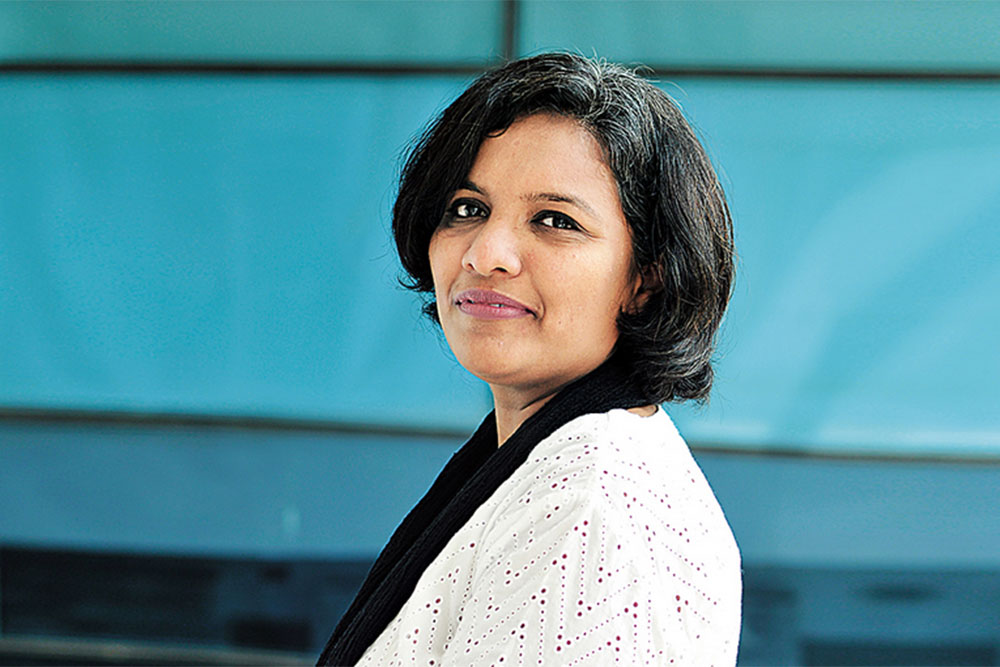Technology is altering many businesses, and it may not be an exaggeration to say that banking is at the centre of this onslaught. While traditional banks are going digital to enhance customer experience, a whole new breed of bankers have emerged to cater to sections of the society that have remained unbanked for long.
Indeed, banking is an essential service for a modern economy and it is a pity that a good swathe (46%) of India’s population still remains unbanked. Payments Banks, which have been especially modelled to cater to marginal savers and investors, promise to reduce the cost of delivering financial services by leveraging technology, and help achieve financial inclusion — something that the big banks have been unable to achieve despite their size and scale.
The race has just begun, and a leading warrior in this space is Vijay Shekhar Sharma, founder of Paytm, a successful e-wallet company that bagged the payments bank licence in 2015. Having merged his e-wallet business with the banking company, Sharma is hoping to tap micro savers and borrowers to drive growth at Paytm, which clocked revenue of Rs.814 crore last fiscal, and commands a valuation of $7 billion. How Sharma intends to scale up his payments bank business, rupee by rupee, is the subject of our cover story.
Among other stories, there is a feature on MUrgency, which wants to take its emergency response network global. The startup is already present in 50 cities across the country and has received funding from marquee investors. Then, we have an interview with Jonah Berger, marketing professor at the Wharton School, on how social influence can be a very effective tool for turning existing customers into evangelists. A New York Times best-selling author, Berger believes that companies can systematically craft viral marketing messages by focusing on the right variables. Finally, we take a look at how the valuation of Jet Airways, the country’s second-largest airline by market share, is playing catch up despite its debt travails.











